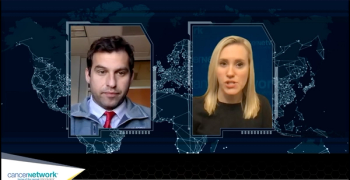
CancerNetwork® sat down with Conor E. Steuer, MD, to discuss a recently published prospective study which found a high rate of smoking reduction and cessation in patients with non–small cell lung cancer.

Your AI-Trained Oncology Knowledge Connection!


CancerNetwork® sat down with Conor E. Steuer, MD, to discuss a recently published prospective study which found a high rate of smoking reduction and cessation in patients with non–small cell lung cancer.
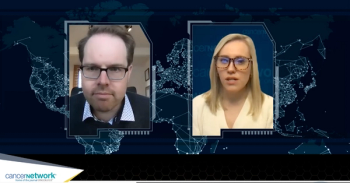
CancerNetwork® sat down with Trevor J. Pugh, PhD, to discuss a novel protocol for detecting mismatch repair deficiency.
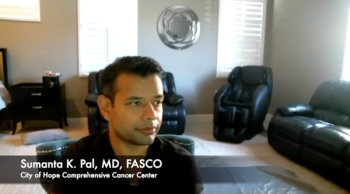
Pal detailed the plan for the CONTACT-03 study and what the research team hopes to see with the data.
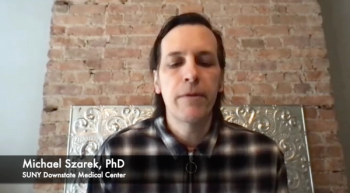
The expert from SUNY Downstate Medical Center spoke about areas of research for renal cell carcinoma which he believes deserve further attention.
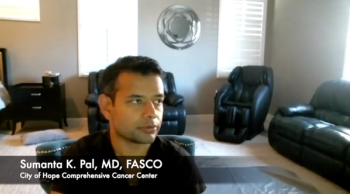
Pal discussed the emergence of cabozantinib as a treatment option for patients with renal cell carcinoma and touched on future research around the drug.
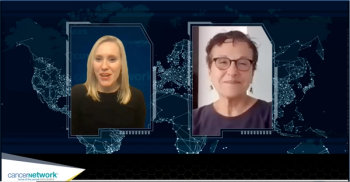
During Colorectal Cancer Awareness month, CancerNetwork® sat down with Dorothy Dulko, PhD, to discuss social determinants of cancer.
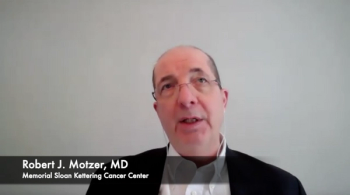
The medical oncologist at Memorial Sloan Kettering Cancer Center discussed areas of research in renal cell carcinoma that he thinks should be further explored.
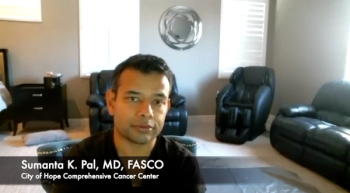
Pal detailed the phase 2 trial of lenvatinib at 2 starting doses plus everolimus to treat patients with renal cell carcinoma.
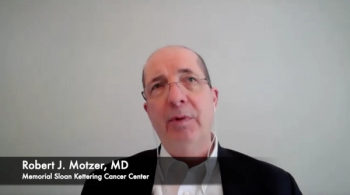
The medical oncologist at Memorial Sloan Kettering Cancer Center explained how this trial of MK-6482 plus lenvatinib versus cabozantinib in patients with advanced clear cell renal cell carcinoma could possibly improve the standard of care in this setting.
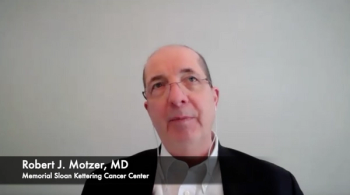
The medical oncologist at Memorial Sloan Kettering Cancer Center highlighted what clinicians treating patients with advanced ccRCC should understand about this trial in progress.
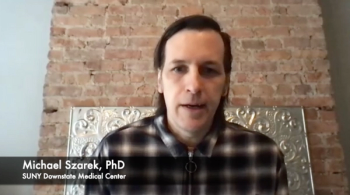
The expert from SUNY Downstate Medical Center highlighted areas in which he believes treatment for renal cell carcinoma will advance.
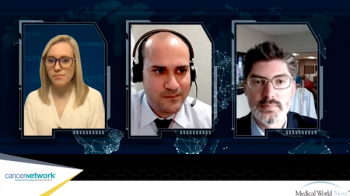
CancerNetwork® was joined by 2 clinicians from Moffitt Cancer Center to discuss why some patients do not respond to CAR T-cell therapy, despite the significant promise of the treatment modality.
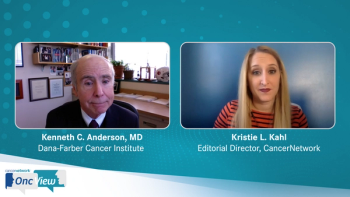
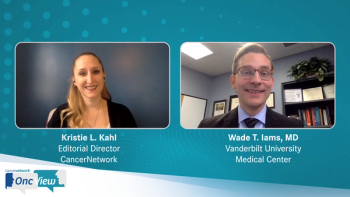






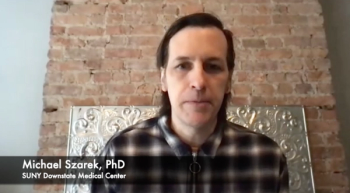
An analysis revealed that as a third- or fourth-line treatment for advanced renal cell carcinoma, tivozanib significantly increased Q-TWiST compared with sorafenib, primarily through an increase in TWiST.
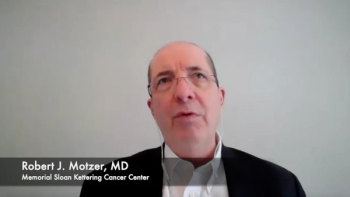
The medical oncologist at Memorial Sloan Kettering Cancer Center discussed the significance of the phase 3 CheckMate 9ER study results.
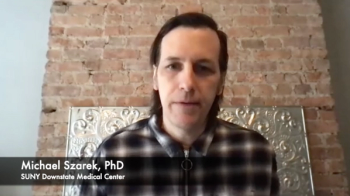
An analysis revealed that as a third- or fourth-line treatment for RCC, tivozanib significantly increased Q-TWiST compared with sorafenib, primarily through an increase in TWiST.
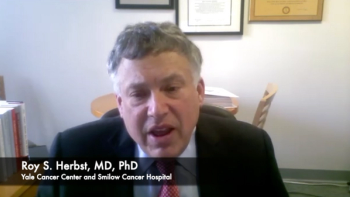
The KEYNOTE-010 study evaluated the use of either pembrolizumab or docetaxel in patients with previously treated, PD-L1–positive advanced non–small cell lung cancer.

Giorgio Trinchieri, MD, of the National Cancer Institute’s Center for Cancer Research joined CancerNetwork® to discuss enhancing the gut microbiome by way of fecal transplant for better immunotherapy responses.
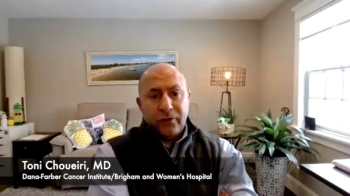
In the phase 3 CheckMate 9ER trial, investigators found that nivolumab plus cabozantinib demonstrated improved efficacy and prolonged survival among patients with previously untreated advanced renal cell carcinoma.
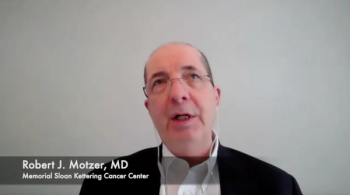
In the CheckMate 9ER trial, investigators compared combination treatment with nivolumab and cabozantinib versus sunitinib in patients with previously treated advanced renal cell carcinoma.
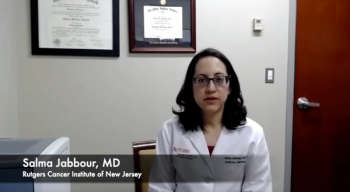
The chief of Gastrointestinal Radiation Oncology at the Rutgers Cancer Institute of New Jersey discussed how she hopes the results of the KEYNOTE-799 study will impact testing going forward.
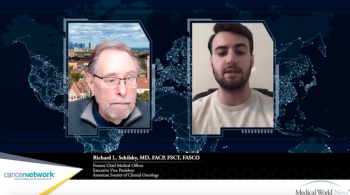
Richard Schilsky, MD, touched on the research driving ASCO to award “Advance of the Year” to molecular profiling in gastrointestinal cancers, and what the organization’s top priorities are in the near future.
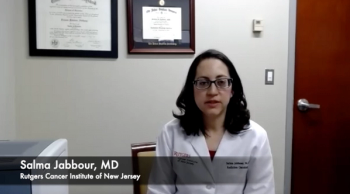
The chief of Gastrointestinal Radiation Oncology at the Rutgers Cancer Institute of New Jersey discussed the adverse events associated with the use of pembrolizumab plus concurrent chemoradiation therapy in patients with unresectable, locally advanced, stage III non–small cell lung cancer.